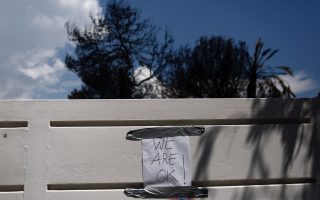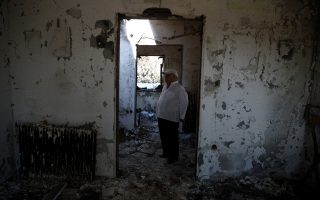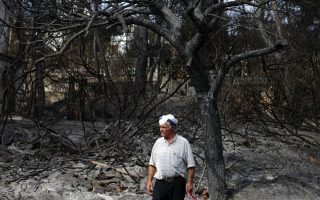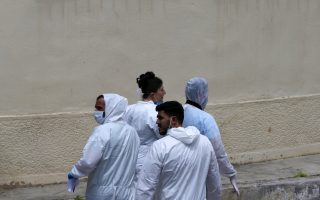Being better prepared for disasters
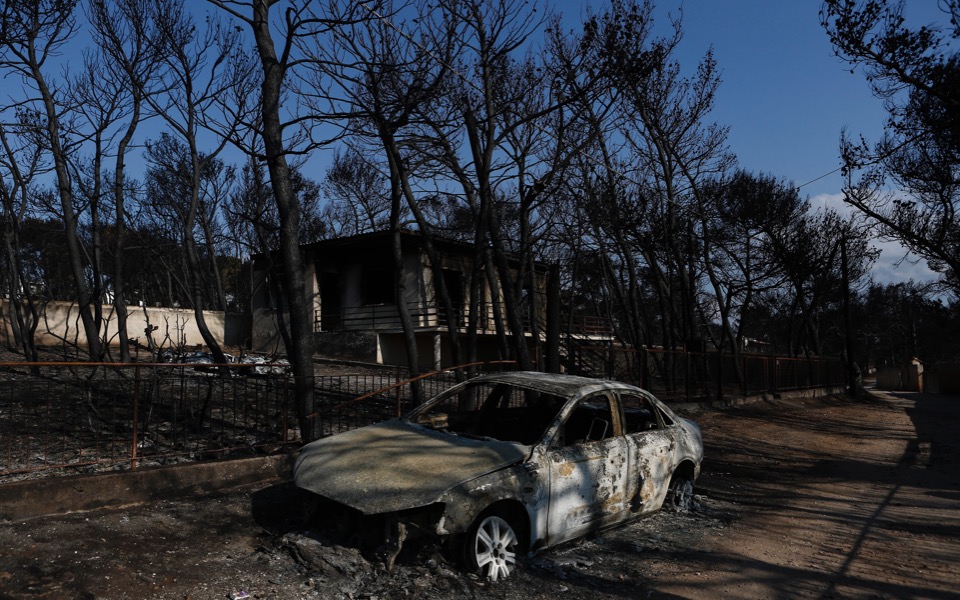
In the aftermath of the devastating wildfires that decimated communities in eastern Attica, there will be much to be learned in the days, weeks and months ahead. Questions will be asked. Some may have immediate answers, others will take time. There are also questions that may never be answered.
For the families of those who lost loved ones, achieving some understanding of why and how events unfolded as they did is imperative.
Prior to temporarily moving to Greece in late spring, I spent four months as part of a team writing an independent 148-page report commissioned by the government of British Columbia, the westernmost province of Canada.
Its purpose was to assess the government’s response to devastating floods and wildfires that took place in 2017. Last summer was one of the worst in British Columbia’s history, which regularly suffers its share of forest fires.
In 2017, more than 65,000 residents were displaced while more than 568 million Canadian dollars was spent on direct fire suppression. On one day alone, for example, severe dry lightning strikes (without rain) caused more than 160 wildfires to start on the same day – greatly taxing the ability of local emergency responders and resources.
Unfortunately, these kinds of disasters are happening all too frequently around the world every year.
Among the key findings to come out of the report, titled “Addressing the New Normal: 21st Century Disaster Management in British Columbia,” was that due to the impact of climate change, the province is experiencing devastating weather events the likes of which it has never seen before.
The report’s conclusion states, “Learning from the 2017 experience so that we, as a province, can better address the challenges posed by climate change and extreme weather events requires accepting that there is a new normal, and that our planning for related events must change.”
Among the report’s other findings was that the level of emergency preparedness varied greatly between and among affected communities. For example, some communities had emergency plans that were quickly executed when fires threatened. Other communities had outdated plans, plans that were in a drawer which nobody knew about – or no plan at all. Those communities with up-to-date emergency plans that were widely known and shared fared best in the face of disaster.
Another discovery was that cooperation was essential. Going forward, cooperation can and should involve governments, communities and citizens. It can and should include identifying and implementing low-cost measures that can be quickly implemented, as well as solutions requiring larger investments over the longer term.
As we learned in British Columbia, there were also steps individual homeowners could take to safeguard their properties as a first line of defense.
Though cooperation and preparedness may not prevent loss of life or disasters from happening in the future – be they wildfires, floods, earthquakes or other events – moving forward together is the best way to honor the lives lost and plan for the future. Ultimately, this will help better prepare Greece and its resilient citizens for when future disasters strike.
Andrew Tzembelicos is a Greek-Canadian writer, editor and communications consultant currently based in Athens.

